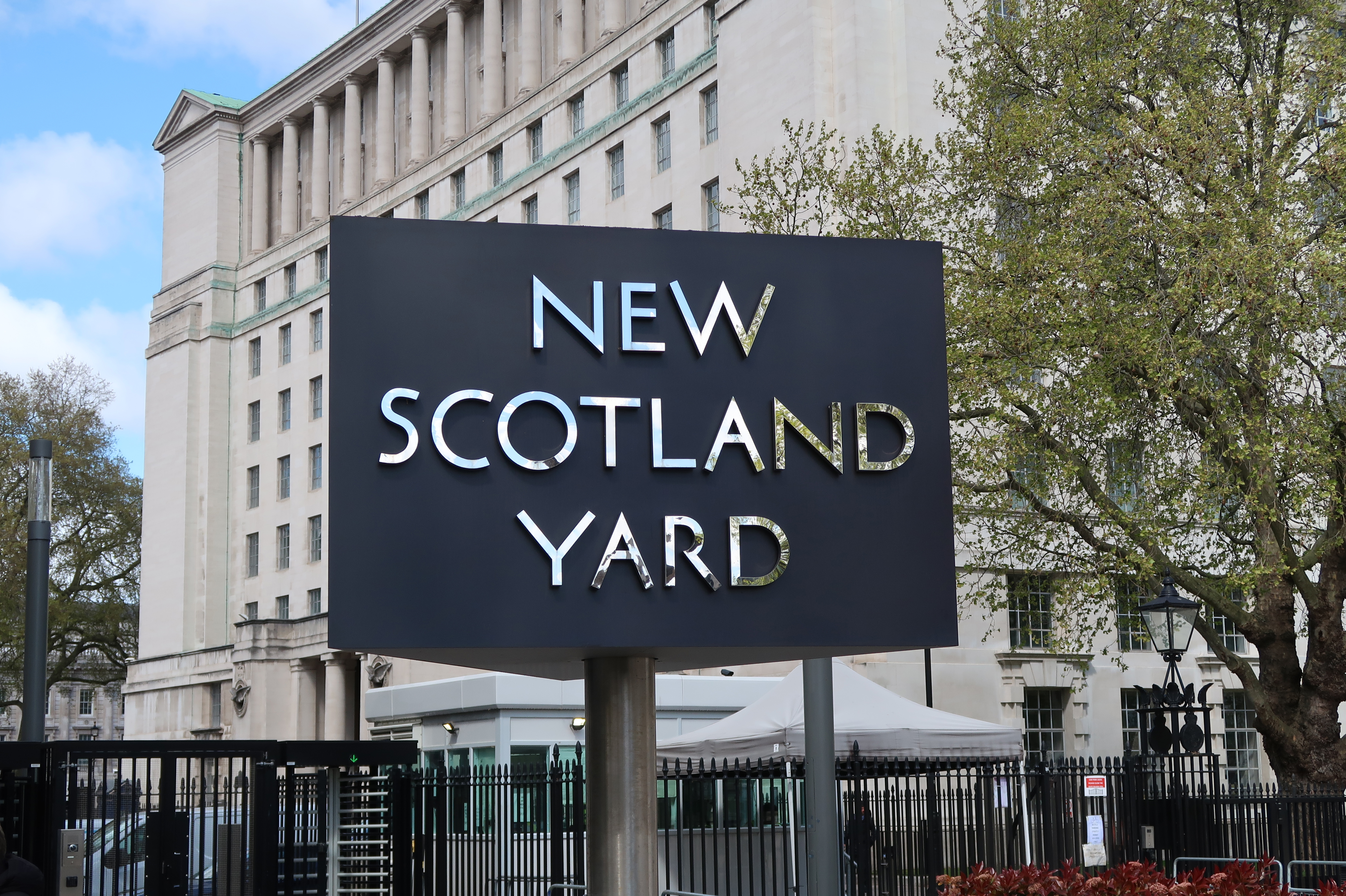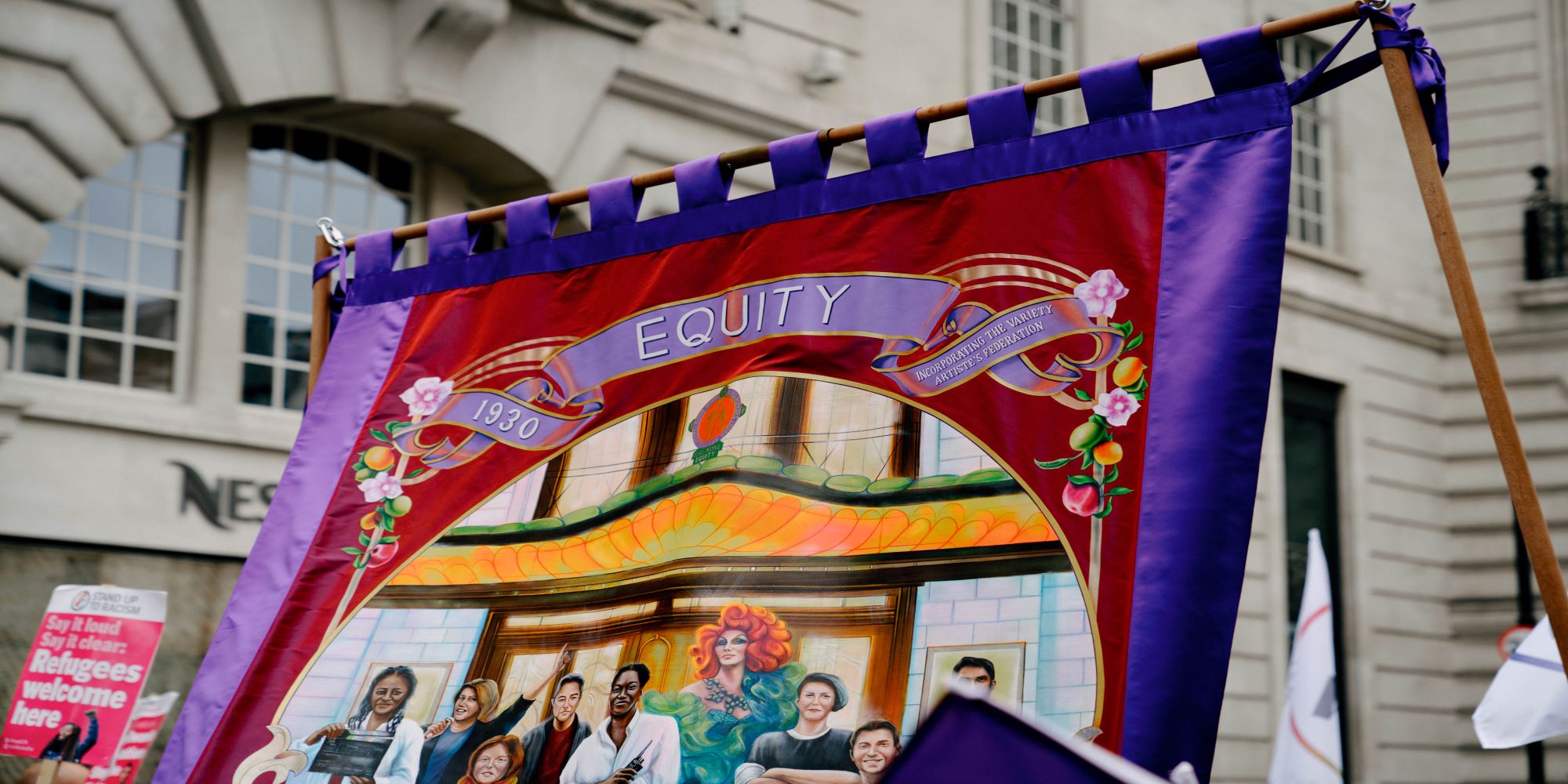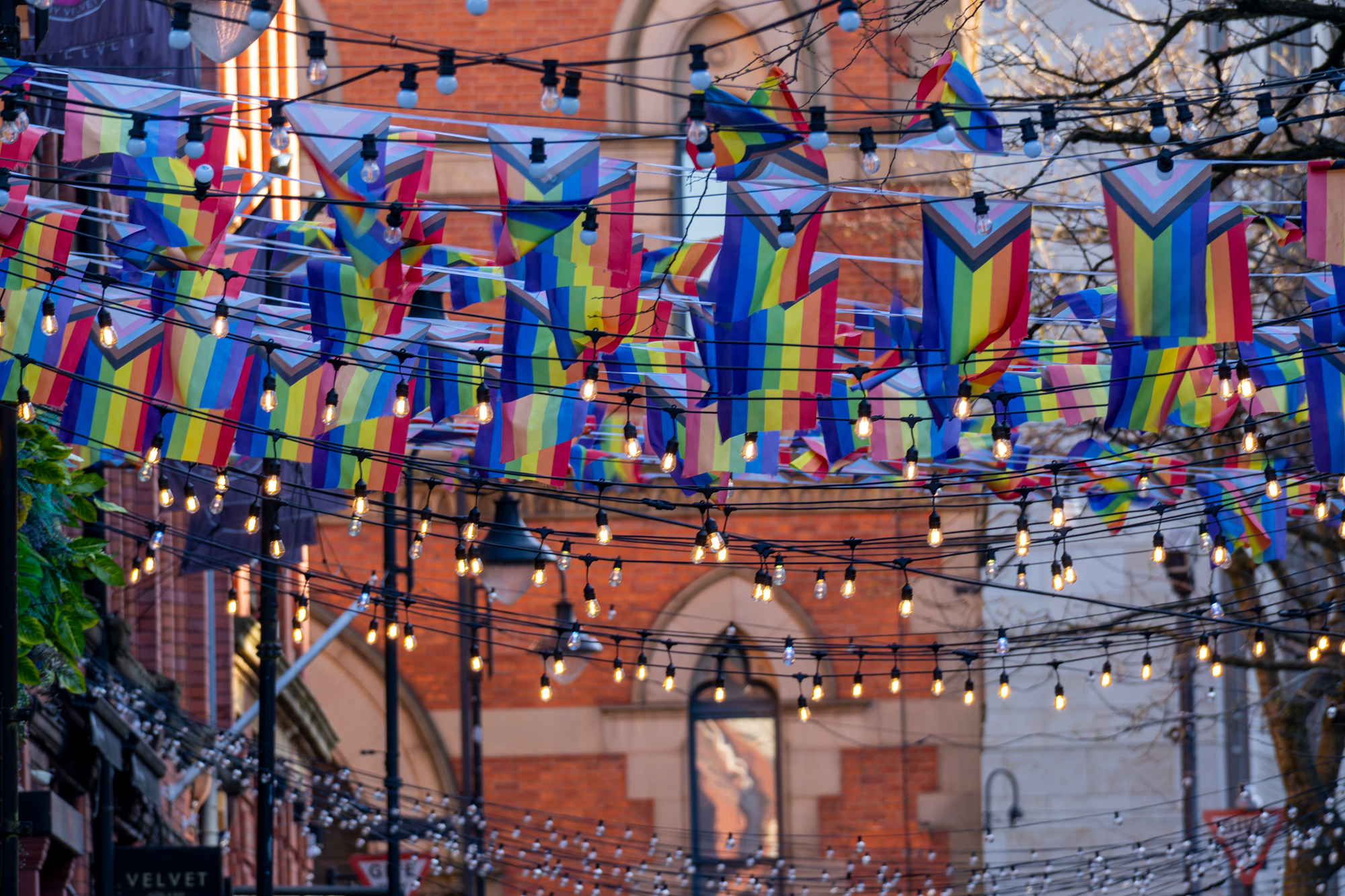Members of Equity have unanimously passed a motion at their annual conference in Derry, to campaign to save River City.
They were joined by fellow Equity members from the River City cast, Joyce Falconer (who plays Roisin McIntyre) and David McGowan (Tommy Chalmers). They spoke passionately about why BBC Scotland needs to save Scotland’s only homegrown soap/continuing drama (full speech below).
On March 18th (minutes after their press release) BBC bosses announced to staff in the canteen, that in April 2026, production will come to an end. Obviously, this was devastating news to all involved in this homegrown production and a fundamental blow to Scotland's television infrastructure.
Joyce Falconer and David McGowan.
Equity members voted to call on BBC Scotland to revisit its decision to end River City; explain how it will replace the soap with the same number of jobs and training opportunities for performers in Scotland; and ringfence the £9m it costs to produce River City for Scottish talent and productions (full motion text below).
In March, BBC Scotland announced that it would be axing the Scottish continuing drama – which has been running since 2002 – with the last episode scheduled for Autumn 2026. Equity, the union representing River City cast members, swiftly responded with the ‘Save River City’ campaign, launching a petition that has gathered almost 12,000 signatures. The campaign has also received cross-party support from MSPs, with Scottish politicians debating the show’s closure at Holyrood on 24 April and meeting with cast members. Next up is a meeting between Equity and the Culture Committee.
Equity’s annual conference 2025 is currently taking place in Derry this year, running from Saturday 10 - Monday 12 May. It is Equity’s flagship democratic event, bringing together representatives from across the union to decide Equity’s agenda and rules. This year, motions to be discussed include protecting creative works from artificial intelligence misuse, calling on the BBC to protect audio drama, and campaigning for more arts funding.
Motion text in full
Conference notes with regret the decision by BBC Scotland bosses to cancel River City, Scotland’s only homegrown continuing drama series.
Cancelling River City will have a disproportionately negative impact on performers in Scotland, many of whom get their first TV job on River City. The £9 million annual budget for the show is excellent value for money, given the hours of programming produced throughout the year. River City is well-loved by Scottish audiences, enjoys strong ratings, and is critically lauded, having won Best Drama at the Royal Television Society Scotland 2023 awards for its 20th anniversary episode.
This is a particular blow to working-class performers, as River City is one of a vanishingly small number of continuing drama programmes which reflect communities around the UK. As a public service broadcaster, the BBC should invest in and nurture their in-house productions which employ homegrown talent and sustain thriving television production hubs outside of London.
Conference calls on Council to support Equity’s ‘Save River City’ campaign and to:
- lobby for BBC Scotland to revisit its decision to end River City and close its Dumbarton studios;
- call for BBC Scotland to explain how its proposals to replace River City will provide the same number of jobs, training opportunities, and apprenticeships to performers in Scotland;
- call on BBC Scotland to ringfence the £9 million it costs to produce River City to ensure that money is used in Scotland, utilising Scottish talent for drama/scripted productions.
River City cast member Joyce Falconer and David McGowan’s joint speech
When BBC Scotland finally launched their long awaited soap, River City, in 2002, I was privileged to be an original cast member. Set in fictitious Shieldinch, filming commenced within a newly purpose-built backlot and studios in Dumbarton.
Since then, it has provided a vital, continual source of employment for countless actors, supporting artists, crew, writers and directors living and working in Scotland.
Over the years, River City's characters and storylines have given a platform to reflect ourselves dramatically, linguistically, demographically and has become an important part of our cultural identity.
In recent years, audience viewing habits have undoubtedly changed, but the show has always maintained a loyal fan base of licence fee payers.
As importantly, in the last two and a half years, River City has provided a vital training ground (the only one of its kind in Scotland), for 80 trainees embarking into the TV industry, providing career pathways for young Scottish talent.
On March 18th (minutes after their press release) BBC bosses announced to staff in the canteen, that in April 2026, production will come to an end.
Obviously, this was devastating news to all involved in this homegrown production and a fundamental blow to Scotland's television infrastructure.
The announcement of three forthcoming drama productions is all very well in the short term, but in no way addresses the massive hole left in the industry.
Can they guarantee these co-productions will use Scottish based cast and crew? Can they guarantee the vital training River City provided will continue?
These questions, the proposed axing of River City, and the implications for our industry long term, were discussed when myself and several colleagues recently attended the Scottish parliament. This will now be followed up with a meeting between Equity and the Culture Committee.
On behalf of our colleagues in Scotland we would like to wholeheartedly thank Equity for driving this campaign forward.




